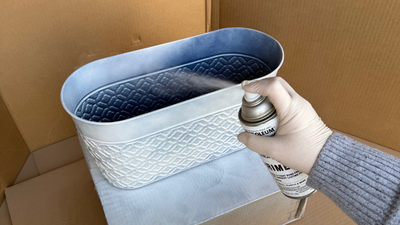Why It’s Important to Tune Your Piano
The average piano has 220 strings. Each string has a different pitch and frequency and must be tuned to the other strings on the piano. These strings determine the sound quality of your piano, so caring for them properly is essential. Over time these strings can stretch due to tension, which causes the piano to go out of tune.
Pianos are easier to tune, stay in better condition, and maintain their value more easily when they are tuned regularly. Regular tuning also prevents damage that can occur when someone plays overstretched strings. If a piano hasn’t been tuned for a while, it will be more expensive and time consuming to get the piano back into tune.
If a piano hasn’t been tuned in a long time, a piano tuner might try to bring the piano back in tune by raising the pitch of the piano. This involves pulling all the strings tight, which makes the pitch sharp. This overcompensation will hopefully cause the piano to be in tune when the strings naturally stretch over time, causing the pitch to go flat. If you need to raise the pitch on your piano, it is important to have follow-up tunings since extra tension is added to the strings.
To make the strings on your piano last as long as possible, you should have the piano checked every six months to a year. If the strings deteriorate too much, or if the strings are out of tune and not actively used, then the piano may have to be restrung, which can sometimes cost as much as buying a new piano.
The cost of a tune-up can range from $100 to $200, but in the long run, it takes less money to tune a piano every six months than it does to fix a piano that hasn’t been tuned for several years. If you have a new piano, you should tune it four times during the first year, because the new strings will stretch more and go out of tune faster. If you tune your piano regularly in the early years of ownership, your piano will be more likely to stay in tune for longer periods of time and during the later years of its life.
It is important for those learning to play the piano to have an instrument that is in tune so they can correctly learn the pitches. If a piano player learns to play with incorrect pitches, it will hinder his or her ability to play a tuned piano, because the pitch will sound off to them.
Regular piano tuning can give those who are learning to play the piano a boost of confidence, because it’s exciting to play a piano that is in tune and sounds good. Having an in-tune piano helps kids stick with the piano and enjoy learning to play it. It’s hard to be motivated to learn to play the piano when you don’t know if you are making a mistake or if the piano is just out of tune.
If you properly care for your instrument, it will bless your life for years to come.




